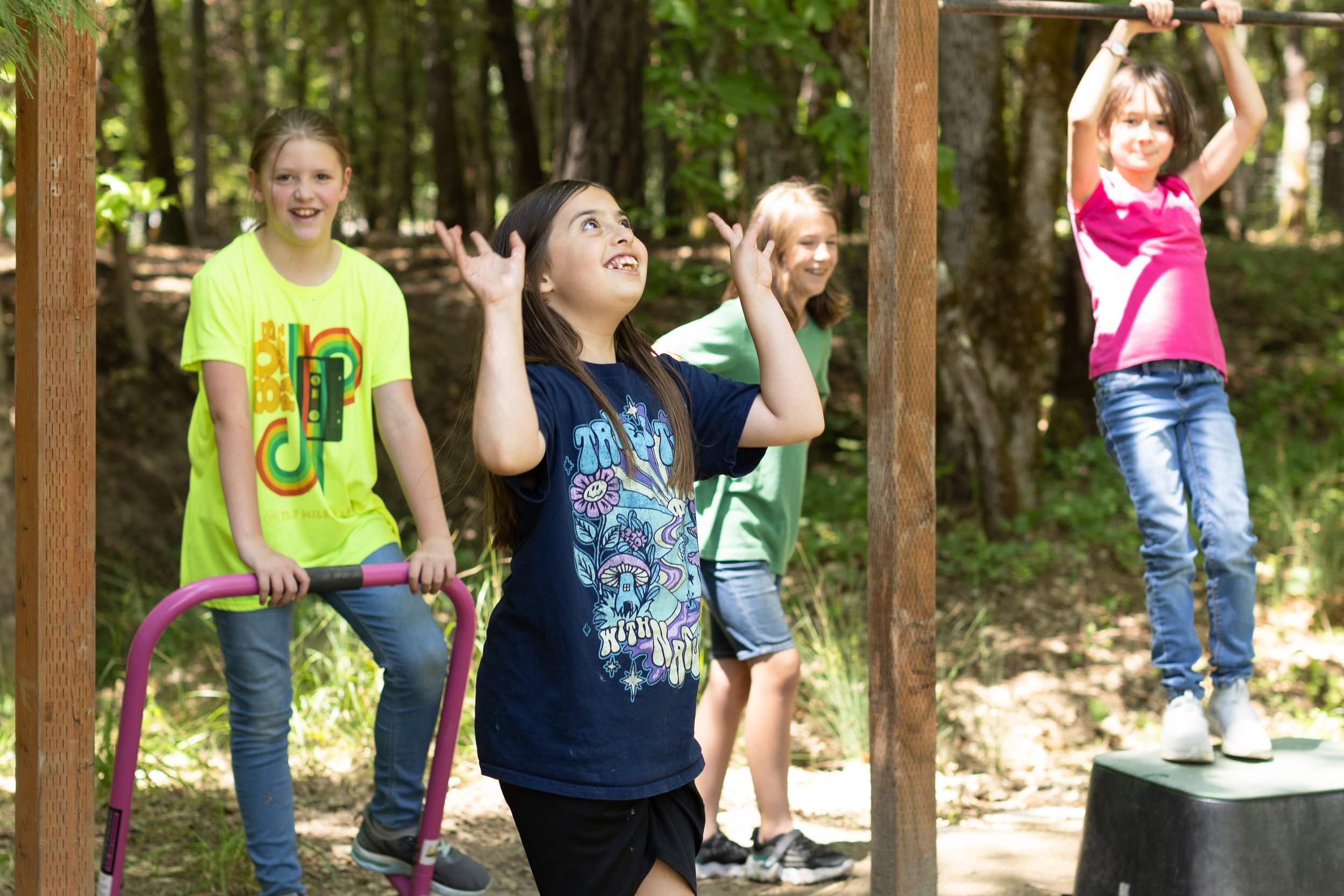
Measuring What Matters
How Founders of Unconventional Models Define and Measure Learner Outcomes
What did we do?
VELA conducted an online survey of 223 members of the VELA founder network. Each of these founders had previously received an investment from VELA to support their organization and each continues to operate their own unconventional learning environment. These learning environments include microschools, hybrid homeschools, homeschool programs, homeschool co-ops, non-traditional private schools, virtual schools, learning pods, and self-directed learning centers.
The goal of this survey was to explore how founders define and measure program outcomes, how they define and measure learner outcomes, and how they use learner outcomes data.
What did we learn?
Founders have an expansive view of learner success.
Founders of unconventional learning environments embrace a holistic approach to education. They value academic outcomes as part of a broader objective of human development that includes cognitive skills and personal growth.
While academic progress is the foundation for learner success, this goal is expressed in environments where emotional health and well-being, critical thinking, problem-solving, self-regulation, and learner agency are prioritized to meet families’ desired outcomes.
Founders are defining learner progress and assessing it.
Founders apply back-to-basics methods for engaging learners and assessing their progress. Nearly all founders formally track learner outcomes, relying heavily on observations and performance assessment, self-assessment, and interviews.
To customize academic offerings, founders often rely on tools like adaptive education technology that includes embedded assessment. Fifty nine percent use education technology, and of those, more than half use Khan Academy.
Although most founders are not required to administer standardized tests, more than a third use such tests to track academic progress and achievement. The Iowa Test and NWEA MAP are the most used.
Founders report that their priority audiences for the learner outcomes data that they collect are families and learners, and the data is primarily used to support learner progress in the program, improve internal programs, and help families support their learners.

Founders are accountable to learners and families, and customer satisfaction is driving substantial growth.
To succeed in unconventional education, founders must ensure that they are delivering outcomes and experiences for learners and families. Founders report that their programs’ highest priorities are participant satisfaction and learner agency.
And, notably: founders are finding success with these approaches. More than 90% of programs served more learners in fall 2023 than they did at their origins, and programs are growing at a median compound annual growth rate of 25%.

“I want these children to have a real childhood full of curiosity, connection, and communication. I want them to learn in their best way…I work hard to make sure I have created an environment that makes developing reading, math, and science skills just as child-led.”



